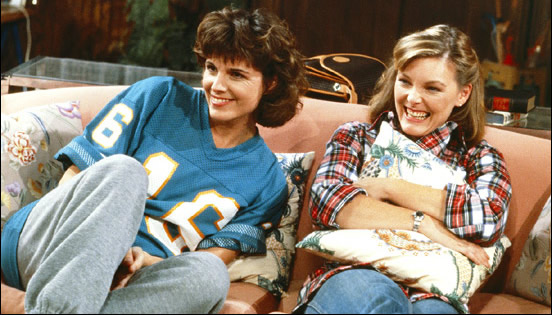Episodic v. Serial – Complications Ensue:
So when we actually saw Rob Thomas (creator of VERONICA MARS) giving a talk at Banff, DMc asked him about his thoughts on episodic vs. serial.
Rob busted out a factoid I’d heard before, but which really hadn’t sunk in. When people say they watch a show, on average, they watch one out of four episodes.
One out of four.
It’s a shock, because when I watch a show, I really want to see every episode. I missed maybe one or two FRIDAY NIGHT LIGHTs last season, and I was really unhappy about it. One out of four? So the average audience member is really not that involved in the season arcs even of a soap opera like FNL; they’re just going along for the episodic ride.
Rob said if he’d been able to do a fourth season of VM, he’d have made it entirely episodic. No serial story at all. That was a shock.
Wow, one of the better shows developed for episodic viewing, and the writer wouldn’t do it that way again. Also – who watched Friday Night Lights that way? Good god. That show was amazing for layers and building. Why would you watch it for an episode here or there?
Maybe many people watch TV that way, but I sure don’t. There’s got to be two camps on this – I wonder what the split is?
And could you write a show that works for both camps?
